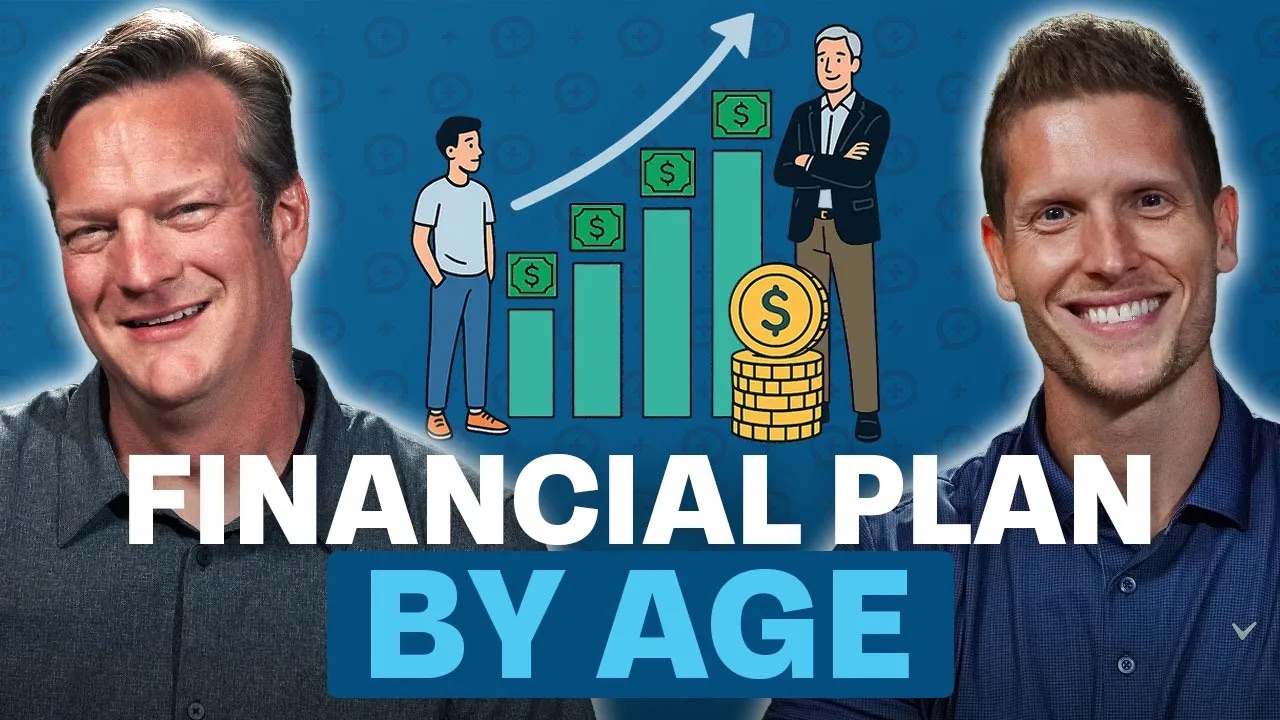There is no replacement for hands-on experience. You can read all you want to about Roth IRAs, 401(k)s, starting your own business, or buying a home, but the experience of actually doing these things cannot be replicated in any other way. My wife and I recently closed on our first home and I now know so much more now about the home-buying process than I did last year. If you are about to start the home-buying process or will be in the coming years, I hope learning from my experience can make things a little bit smoother for you. Here is everything I’m glad I did – or wish I would have done differently – when buying my first home.
Have questions about how to buy a home in this crazy market, ways to beat the system, and common mistakes home buyers make? Check out our Money Guy Guide to Buying a House!
1. I would definitely use a mortgage broker again.
A good mortgage broker may be able to get you much better rates than you would otherwise qualify for. The broker we used was phenomenal and scored us an interest rate about 0.50% lower than typical rates at the time (looking at rates, we essentially got the rate of a 15-year mortgage but for a 30-year mortgage). With mortgage rates higher than they’ve been in decades, it’s especially important to save money where you can and get as low of a rate as possible.
Working with our broker was a breeze; he is local and works for a small family-run business and I knew I could always pick up the phone and ask him any questions I had about the process. By using a broker, we essentially got the super-competitive rate of a large national bank, or even better, and the service of a local family-run business.
2. I’m glad we didn’t cut corners on the inspection.
I’ve heard before of home buyers purchasing homes and waiving the inspection (primarily during the housing frenzy that occurred between 2021-2023), but I never realized how crazy that was until we purchased our home. Our real estate agent recommended an awesome inspector who went above and beyond inspecting the property and alerting us to issues we didn’t know about. The inspection was so cheap compared to all the other costs associated with buying a home that I can’t imagine why someone would want to save money and skip the inspection (unless they are buying a new construction, potentially).
For reference, our home is 20 years old so it is definitely not ancient and falling apart. The inspector uncovered some minor and moderate issues with the house that helped us negotiate with the seller and, by being made aware of and fixing these issues now, so they did not become big headaches in the future.
3. I would never buy a home without an agent.
I will not judge you if you are experienced in buying houses and don’t want to use an agent, but as someone that had never been a part of a real estate transaction before, I am so glad we used an agent. Our agent was intimately familiar with the local market and was able to use that knowledge to help us get into an amazing home at an amazing price. I know for a fact we would be spending substantially more on a home if we had not found a great agent to help us along the way.
4. If I could do it differently, I wouldn’t get so attached to the first home I fell in love with.
When you find a home you really love, it can be difficult to move on if you don’t get the home. The home I first fell in love with sold to someone else, but we ended up finding an even better home, in the same neighborhood, for a better price. I would caution potential buyers about becoming laser-focused on one home. Your offer might not get accepted or issues could come up during the inspection that cause you to back out. It’s easy to imagine yourself in homes you really like, but always keep your options open until you are under contract on a house. Like most big issues in finance, our emotions can betray us so it is important to keep an open mind and to be well grounded in knowing what you are looking for based on a solid list of must and nice to haves.
5. No home is perfect, and you will have to make sacrifices.
Unless you can build the home of your dreams from the ground up, you will probably have to make sacrifices when buying your home. Our home? The roof is old, there are rats in the crawlspace (working on it), the HVAC will need to be replaced soon, the yard is very sloped and has drainage issues, and I could go on. But our home is in a great neighborhood, we love the layout and the amount of space, we have hardwood floors (this was mostly a big deal for me and not my wife; I just hate fake hardwood floors), the landscaping is beautiful, I have room for a vegetable garden, the appliances are modern and updated, and it’s setup to a great place to create blossoming memories for my family.
When you buy a home, you need to figure out what is most important to you and what you are willing to sacrifice on. Chances are you will have to make sacrifices, but that’s okay.
6. Interest rates may not go back to 2020 levels anytime soon (and home prices may never return to 2020 levels).
We are fortunate to have found a home we can afford, but this was still a tough pill to swallow. At interest rates four years ago, or at home prices four years ago, we could buy so much more home. It hurts to think about what could have been if we had bought a house back in 2020 – until I think about how unprepared we were to buy a house back then. We were both at different points in our careers, we didn’t have much saved for a house or retirement, and weren’t ready to buy a home by any measure.
We bought a home that fit in our budget at current rates. We could have stretched and bought more home, but we want a home we can afford now, not a home we can theoretically afford if interest rates drop by a certain amount.
7. I’m glad we didn’t wait until we were able to put 20% down.
Who are these people buying their first home with 20% down and what is their secret? With prices rising like they have, we would have had to make tremendous sacrifices even to consider purchasing a home if we had to put 20% down. If we wanted to buy anytime soon, saving for retirement would not be happening. If we wanted to save for retirement and put 20% down on a house, it could be years or longer before we could buy.
Putting less than 20% down on a home is riskier since you start with less equity and more expensive since you pay PMI. The alternative, though, is much worse for many first-time buyers. Prices could continue to climb and run away from you or you may only have margin to save for a home and nothing else.
Buying your first home is never easy, especially right now. If you are looking to buy soon or in the future, I hope my personal experience can make it a little bit easier when it’s time to buy.













